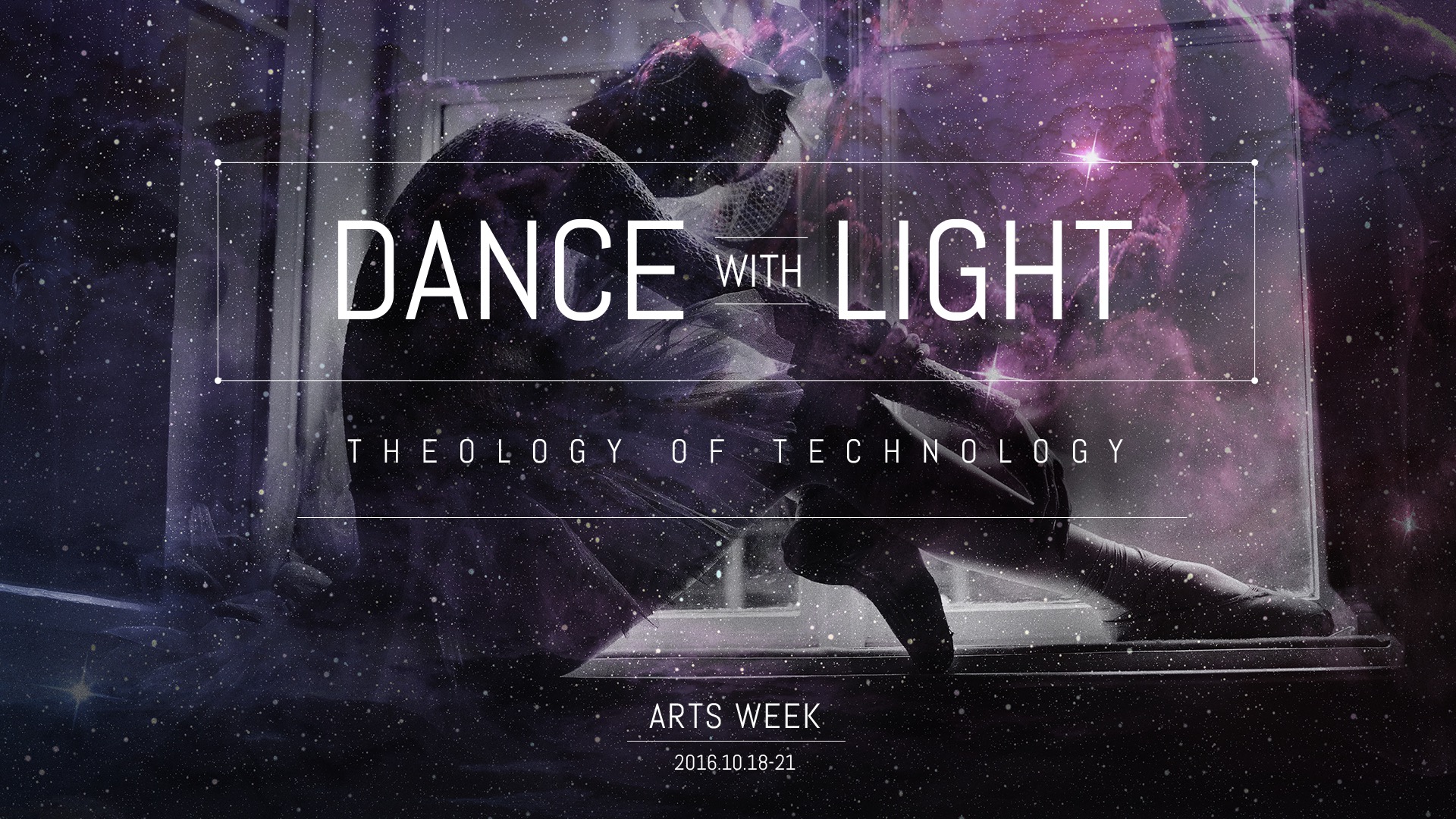A few weeks ago, I had the pleasure of delivering a series of lectures on technology for Dallas Theological Seminary‘s Arts Week. Arts week is one of my favorite times at DTS because there are art installations on campus, evening events with artists and theologians, and a series of talks on the arts. Normally, there is a fantastic outside speaker, but this year they took a risk on having me to it and trying to pull together theology, the arts, and technology.
Why Pastors and Theologians Need Artists and Coders
For the opening talk, I connected technology and the arts through the Greek term technē, which forms the root of our English word technology, but covered both the mechanical arts and the fine arts. I also introduced the basic concept of Social Shaping of Technology as a model for understanding the mutual shaping process between culture and technology/arts as well as the social meanings we assign to the things around us.
The Virtualization of Culture and the Need for Embodied Places and Practices
For the second talk, I drew a connection between the sense of placelessness that people often feel in modernity and in technological culture and the placelessness of Isreal when they wandered through the desert. To give Isreal a sense of place, God gave them an entire set of physical, visual, and linguistic cultural elements to ground them in the world and form them into the people of God. In our own placeless cultural moment, I think one of the greatest gifts the church has to offer to the world are our physical, embodied practices especially communion which evangelicals have tended to avoid.
Theological Reflections on Artificial Intelligence
For the third talk, I abandon the suit and tie to explain the emergence of Artifical Intelligence (AI) and lay out some of the opportunities it brings along with the unintended consequences, ethical issues, and theological issues that it will surface. I wish I could have gone deeper into each one, but I was grateful to be able to introduce these ideas in a setting like a seminary chapel. (Kevin Kelly recently gave a great talk on AI at Q Conference and there are some wonderful similarities in our approaches).
What Your Chapel Architecture Says About Your Theology
To end the week and reconnect theology, technology, and the arts, I discussed DTS’s coming project to build a new chapel space on campus with our VP of Campus Operations. We were able to briefly introduce the history of Christian worship spaces, some of DTS’s guiding values in past projects, and the kinds of considerations one needs to think through in building a worship space. Although we weren’t able to go in depth on these topics, I hope it introduced our students to the kinds of questions they may one day be asking in a ministry about how to embody their faith in the world alongside artists and technologists.

1 thought on “Technelogia, the Virtualization of Culture, and the Theology of Artificial Intelligence (Videos)”
Comments are closed.